Understanding Quantities Math Worksheets for Ages 6-8
14 filtered results
-
From - To
"Understanding Quantities Math Worksheets for Ages 6-8" are thoughtfully designed to nurture budding mathematicians' ability to grasp, compare, and manipulate numbers. Tailored by educators, these worksheets blend fun with learning, providing engaging activities that align with early grade curricula. Through an array of visual aids, hands-on exercises, and interactive tasks, children practice counting, identifying number patterns, and understanding greater-than and less-than concepts. These worksheets are perfect for building foundational math skills at home or in the classroom, ensuring young learners gain confidence and proficiency in understanding quantities. Transform math into an exciting adventure with our expert-crafted resources!
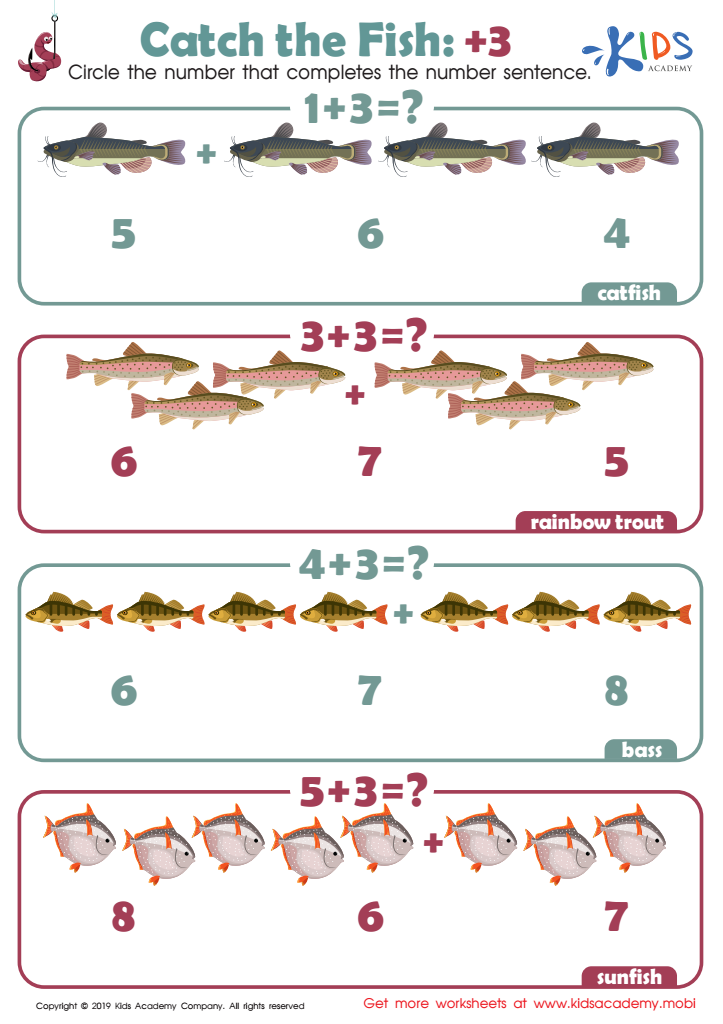

Catch the Fish: +3 Worksheet
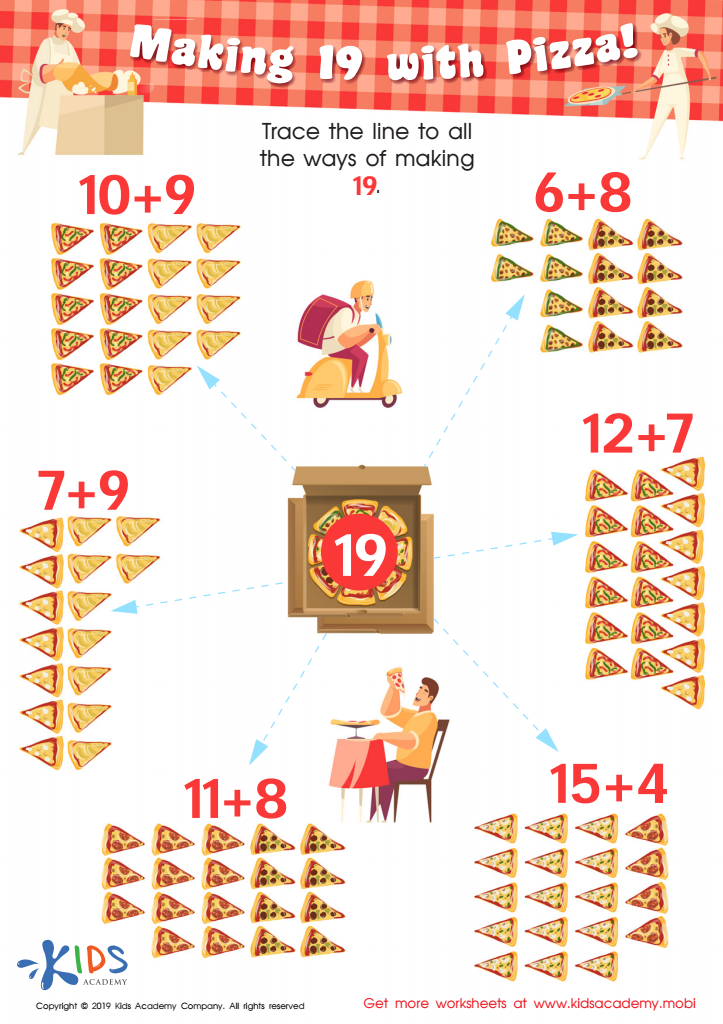

Making 19 with Pizza! Worksheet
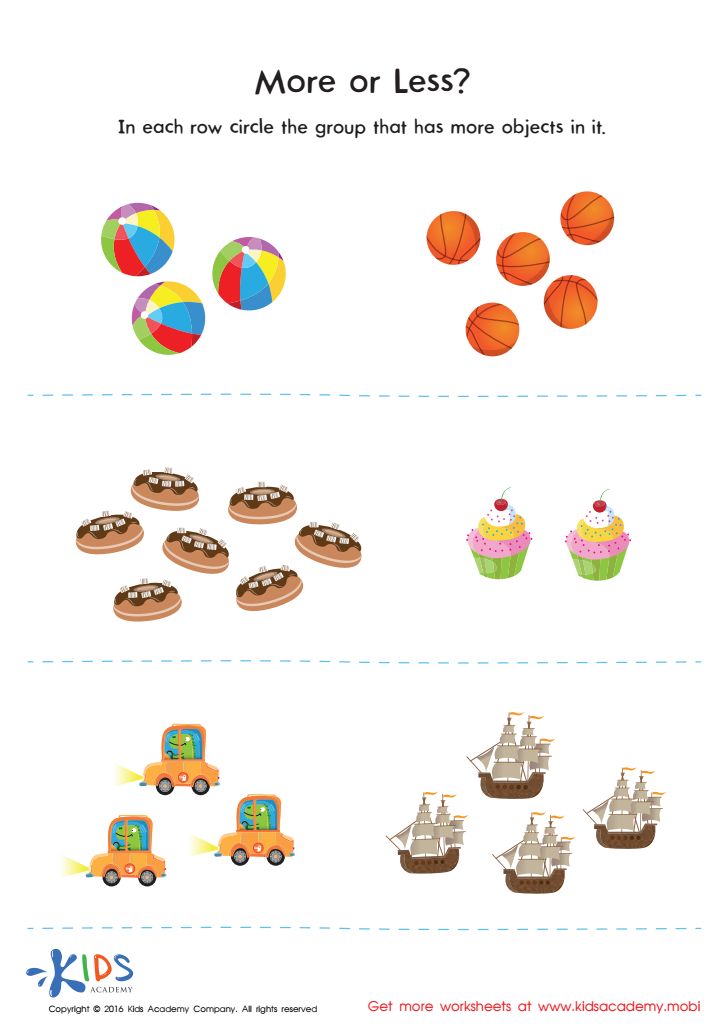

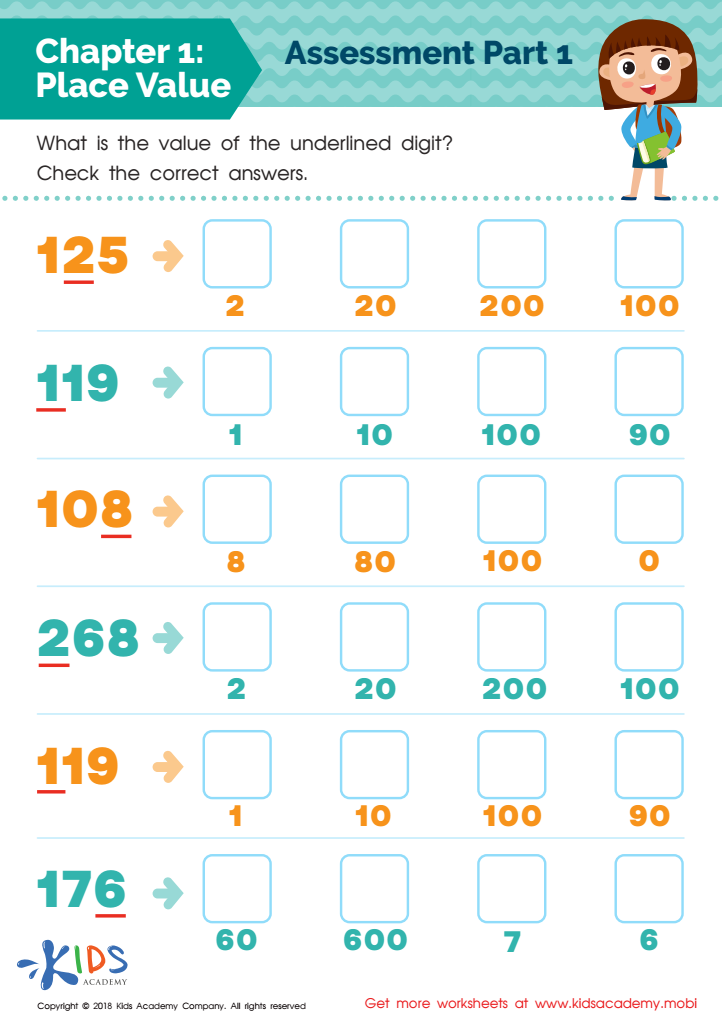

Place Value: Chapter 1 Worksheet
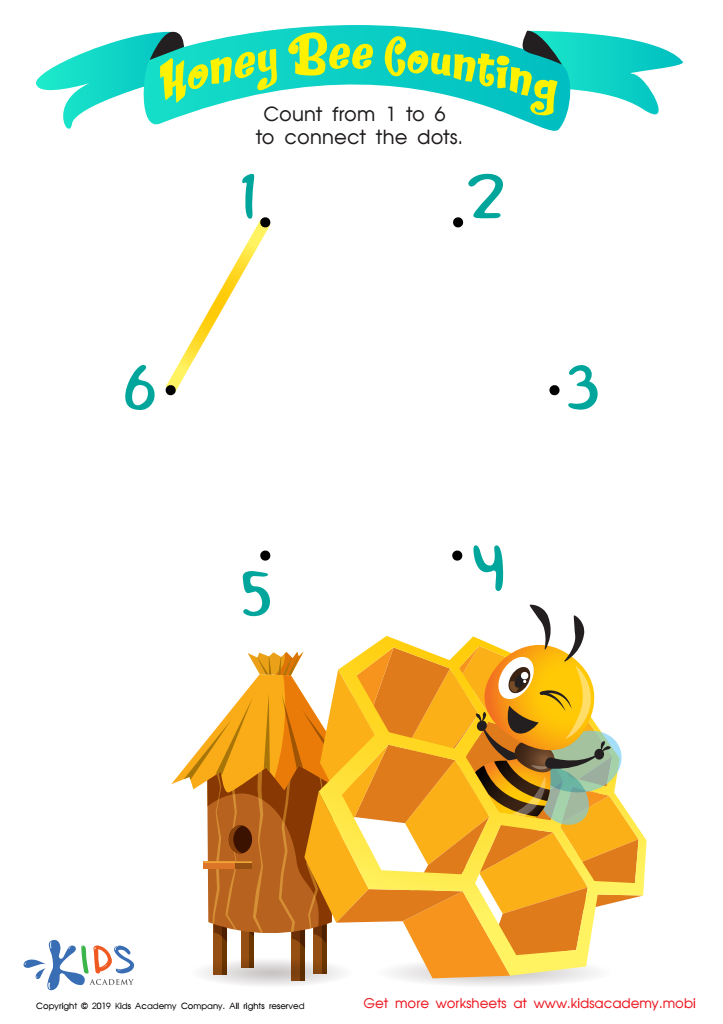

Honey Bee Counting Worksheet
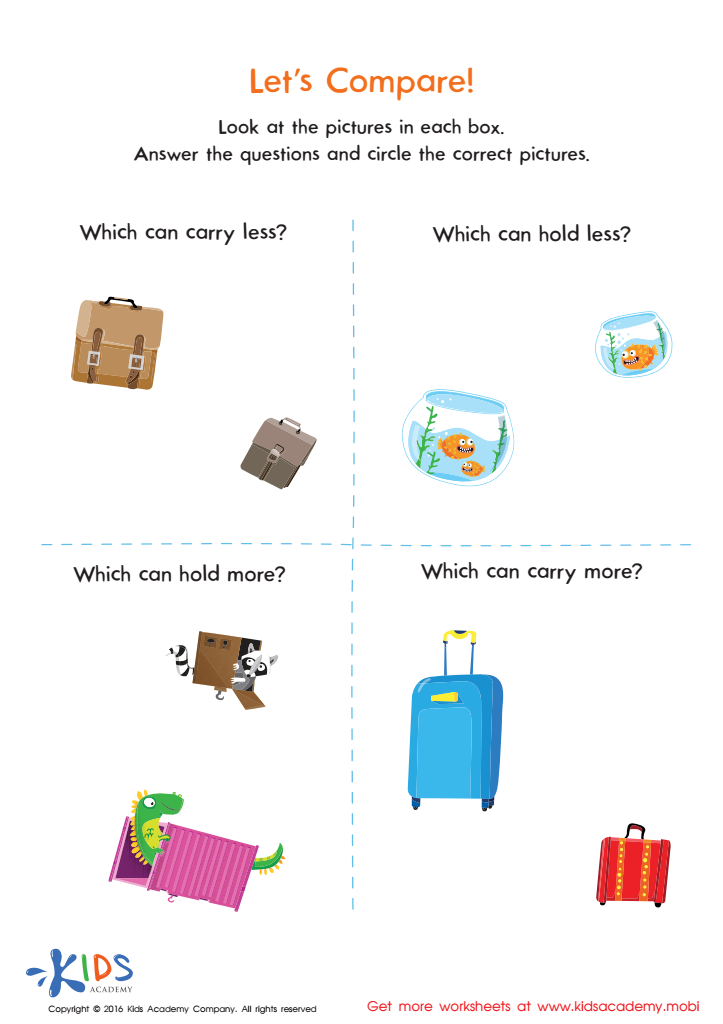

Let's Compare Worksheet: Big or Small
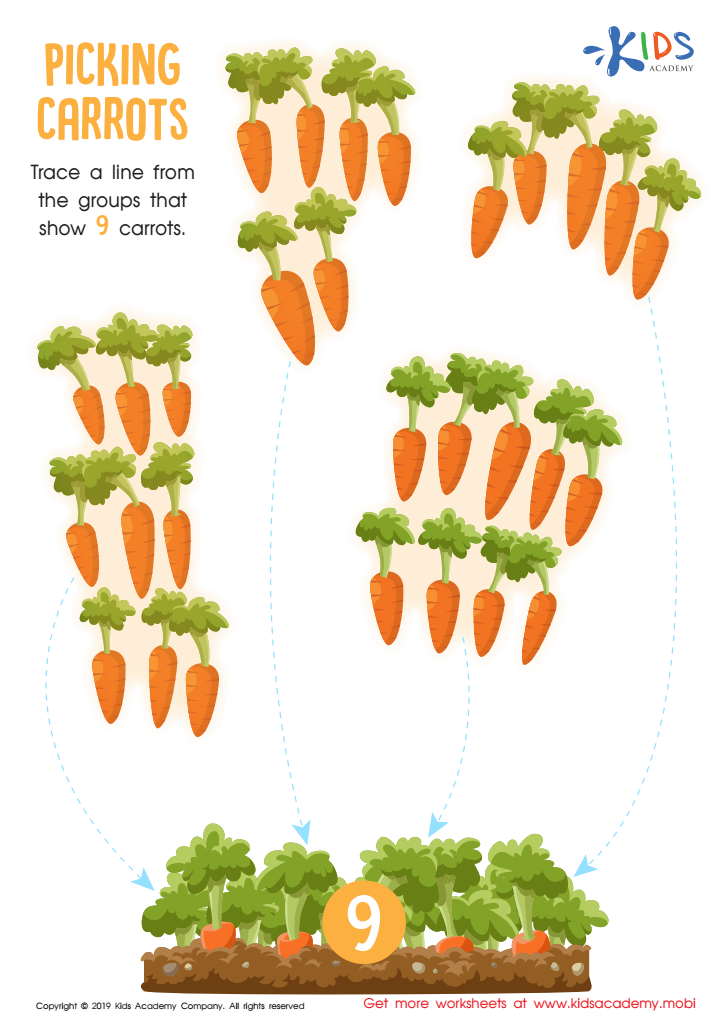

Picking Carrots Worksheet
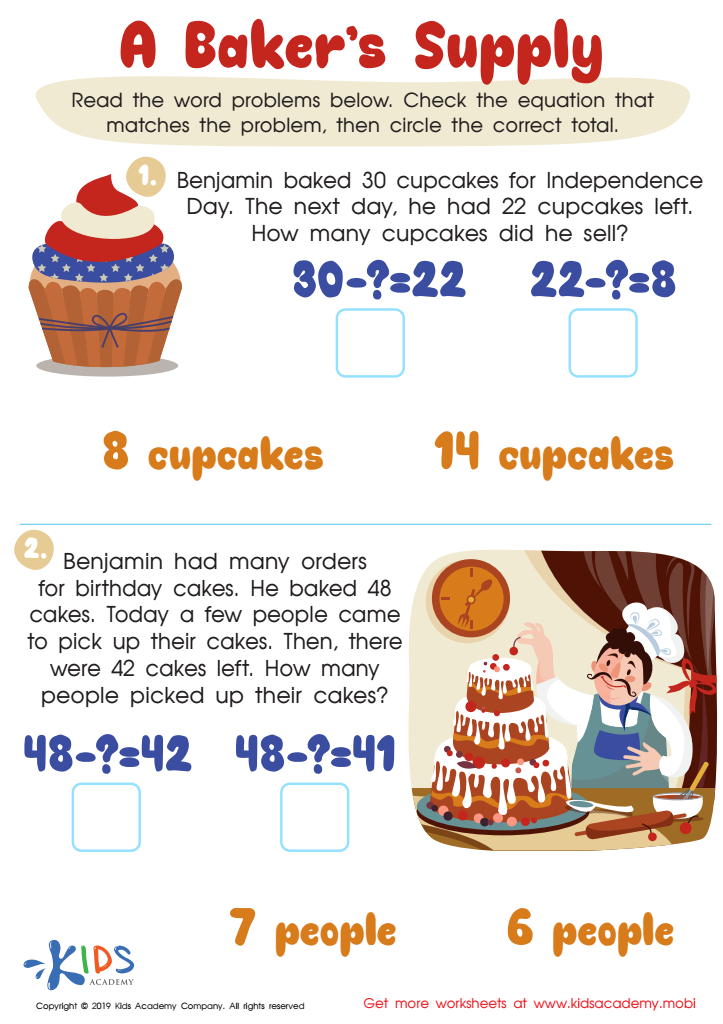

A Baker's Supply Worksheet
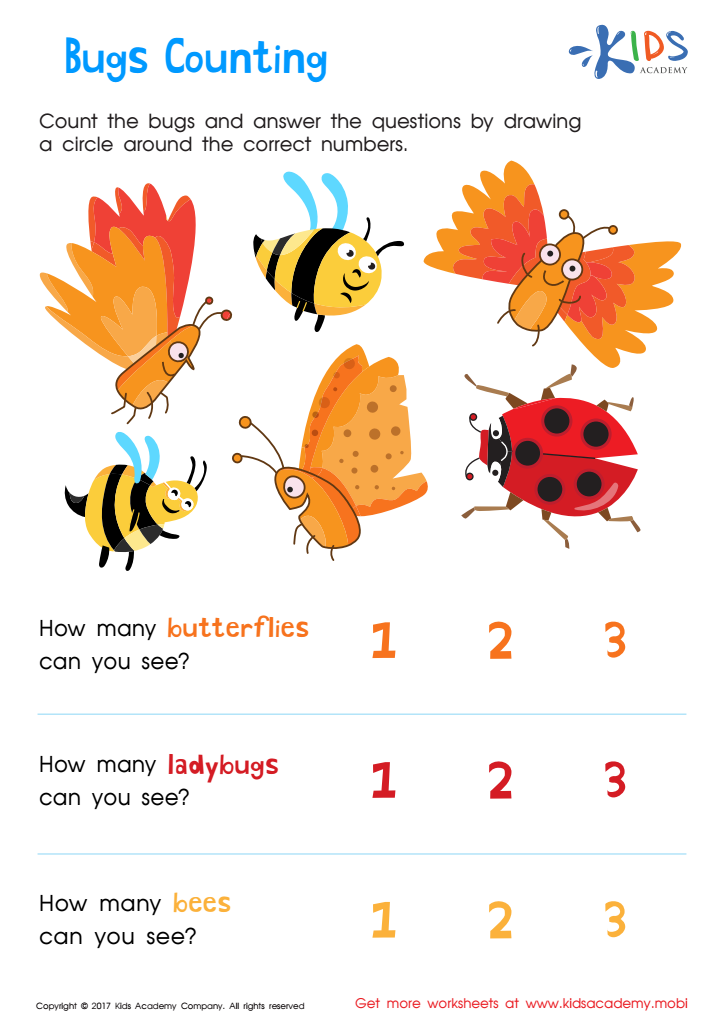

Bugs Counting Worksheet
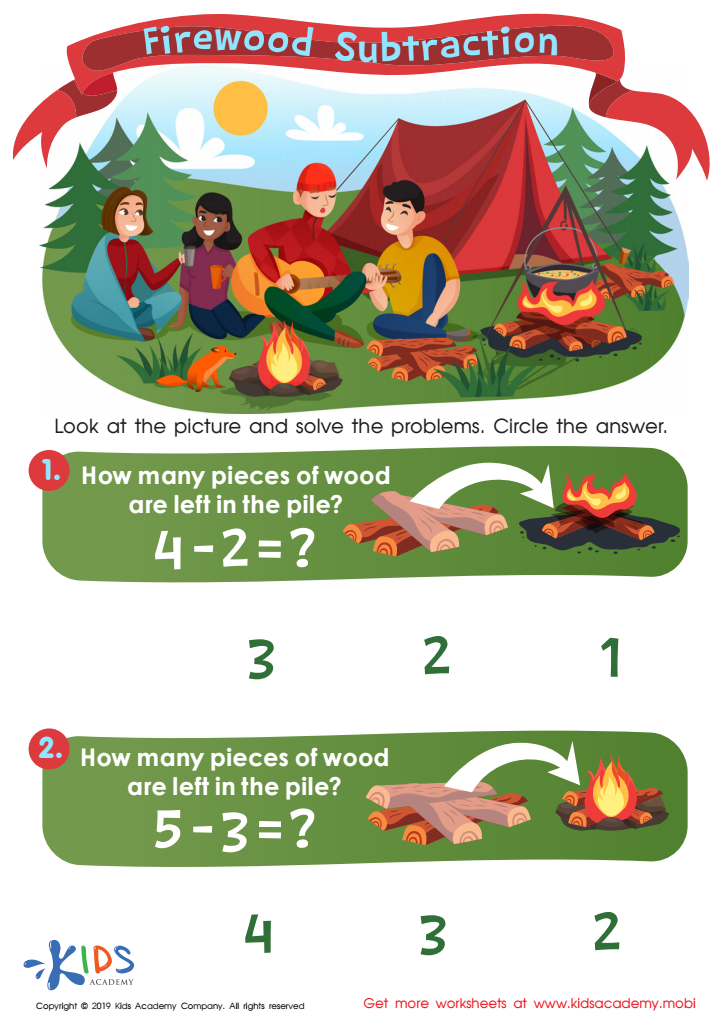

Firewood Subtraction Worksheet
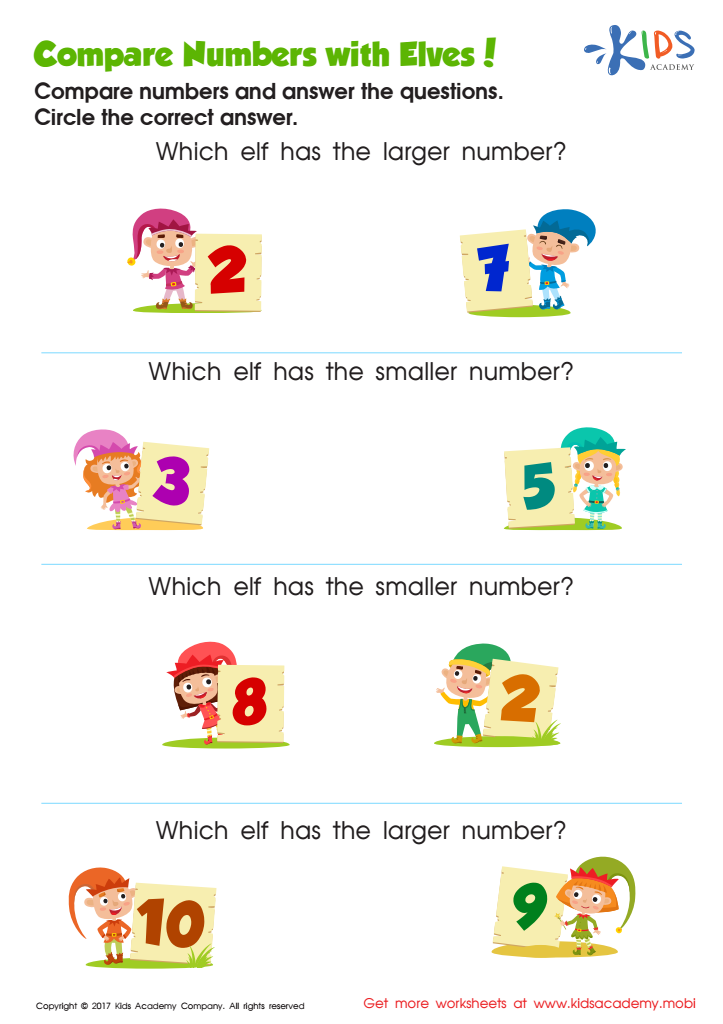

Comparing Numbers Worksheet for Kindergarten
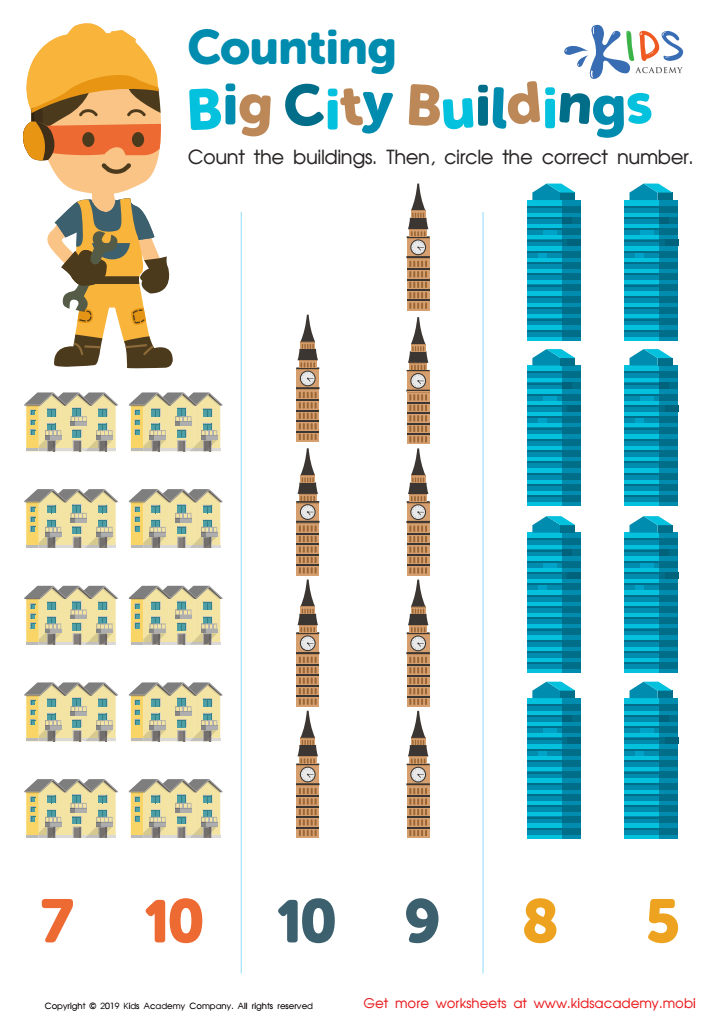

Counting Big City Buildings Worksheet
Understanding quantities in math is crucial for children ages 6-8 because it lays the foundation for all future mathematical learning and everyday problem-solving skills. At this formative stage, kids are transitioning from counting objects to understanding more abstract concepts such as addition, subtraction, and number relationships. Gaining a solid grasp of quantities helps children make sense of numbers in real-world contexts, from estimating the number of apples in a basket to equally sharing toys with friends.
Parents and teachers play a pivotal role in nurturing this understanding. By engaging in activities that highlight quantities, such as playing with building blocks, cooking with measured ingredients, or sorting different items, they can make learning about quantities fun and applicable to daily life. This practical exposure helps children develop strong numerical sense and spatial awareness.
Additionally, fostering a deep understanding of quantities equips children with critical thinking and logical reasoning abilities. These skills are essential not just in math, but across all subjects and in everyday challenges. Early proficiency in these fundamental concepts can boost a child's confidence in their abilities, encourage a positive attitude toward learning, and set the stage for academic success in more complex mathematical topics seen later on. Understanding quantities isn't just about math; it's a life skill that affects a child's overall cognitive development.
 Assign to My Students
Assign to My Students


















